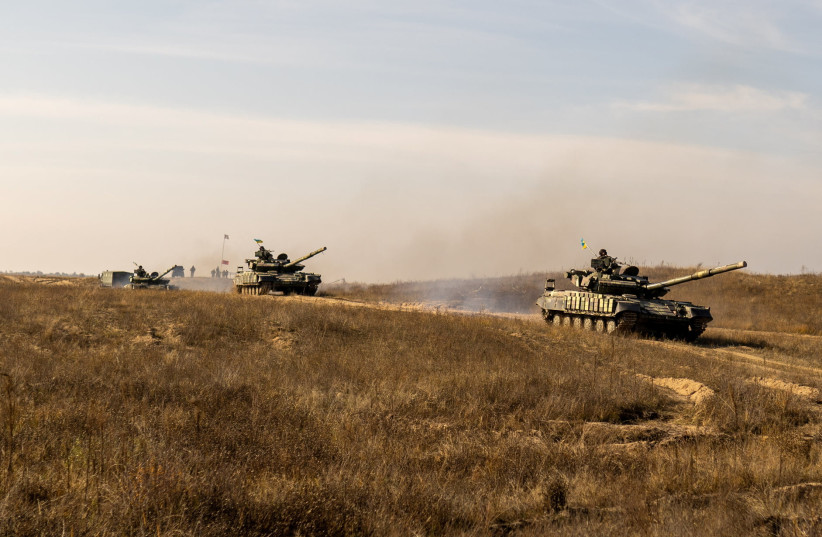Moscow will take adequate precautionary measures if NATO deploys nuclear forces and infrastructure closer to Russia's border, Russian news agencies quoted Deputy Foreign Minister Alexander Grushko as saying on Saturday.
"It will be necessary to respond ... by taking adequate precautionary measures that would ensure the viability of deterrence," Interfax agency quoted Grushko as saying.
Moscow has no hostile intentions towards Finland and Sweden and does not see "real" reasons for those two countries to be joining the NATO alliance, Grushko added.
He also reiterated the Kremlin's earlier statement that Moscow's response to NATO's possible expansion will depend on how close the alliance moves military assets toward Russia and what infrastructure it deploys. Read full story
Finland's plan to apply for NATO membership, announced on Thursday, and the expectation that Sweden will follow, would bring about the expansion of the Western military alliance that Russian President Vladimir Putin aimed to prevent.

Kherson region to join Russian Federation?
The Russian-imposed military-civilian administration in Ukraine's Kherson region said it will ask Russia to include it in the Russian Federation, the British defense ministry said on Saturday.
If Russia carries out an accession referendum in Kherson, it will almost certainly manipulate the results to show a clear majority in favor of leaving Ukraine, Britain said in a regular Twitter bulletin.
Economic pressure
Group of Seven foreign ministers vowed on Saturday to reinforce Russia's economic and political isolation, continue supplying weapons to Ukraine and work to ease global food shortages stemming from the war.
After meeting at a 400-year-old castle estate in the Baltic Sea resort of Weissenhaus, senior diplomats from Britain, Canada, Germany, France, Italy, Japan, the United States and the European Union also pledged to continue their military and defense assistance for "as long as necessary."
They would also tackle what they called Russian misinformation aimed at blaming the West for food supply issues around the world due to economic sanctions on Moscow and urged China to not assist Moscow or justify Russia's war, according to a joint statement.
The key to putting more pressure on Russia is to ban or phase out buying Russian oil, with EU member states expected next week to reach an agreement on the issue even if it remains opposed by Hungary.
"We will expedite our efforts to reduce and end reliance on Russian energy supplies and as quickly as possible, building on G7 commitments to phase out or ban imports of Russian coal and oil," the statement said.
